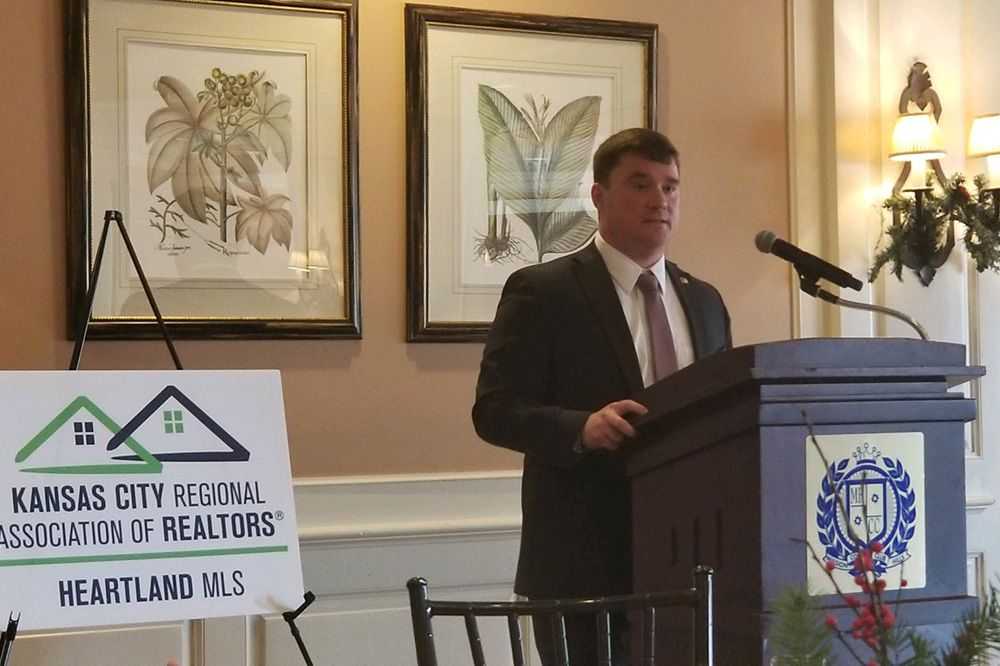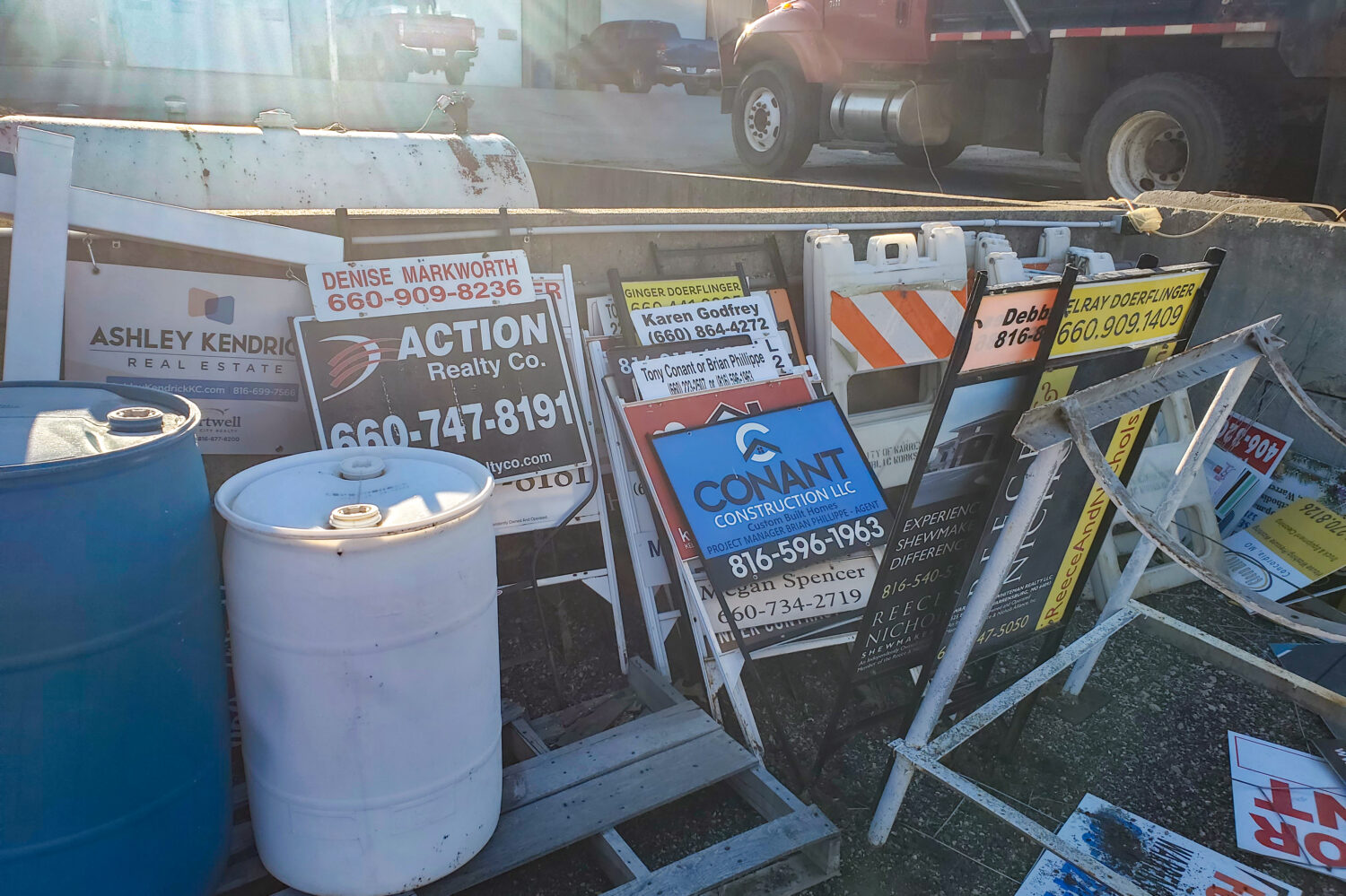
Last week, over 60 Kansas City REALTORS® and members
of the Kansas Legislature gathered at the annual Kansas City REALTORS®
Legislative Breakfast to discuss the most pressing issues facing REALTORS® and
the Kansas City region during the upcoming 2019 Kansas Legislative Session. By
attending this complimentary program, REALTORS® were armed with the latest
information on what is happening on local and state government issues in the
state of Kansas.
Partnering with the Kansas Association of REALTORS®
(KAR), KCRAR works with elected officials to create economic growth, provide
quality and affordable housing opportunities, sustain strong local public
schools, invest in regional infrastructure and transportation and protect
private property rights in the Kansas City region.
As part of this ongoing effort, Patrick Vogelsberg,
Vice President of Government Affairs for the Kansas Association of REALTORS®,
provided the attendees with a briefing on the 2019
Kansas REALTOR® Legislative Priorities, which include the following:
- Preserving the
ability of Kansans to claim itemized deductions on their state income tax
returns.
Federal tax reform in 2017 doubled the federal standard deduction. Kansas state
law requires taxpayers who take the federal standard deduction to also take the
state standard deduction. If the Kansas Legislature does not change the law to
allow taxpayers who take the new federal standard deduction to still claim
itemized deductions on their state income tax returns, most families and
individuals who have taken Kansas itemized deductions in the past will pay more
in state income taxes in 2019. - Defending
recent property tax reforms to protect the right of citizens to vote on local
property tax increases. REALTORS® support policies that give citizens a greater direct voice
in decisions that will increase their tax burden. Enacted in 2015, the “public
vote requirement” gives citizens the right to vote when local governments
increase property taxes over the previous year by more than the rate of
inflation. In 2019, the Kansas Legislature should do nothing to erode the
ability of Kansas citizens to vote on property tax increases. - Expanding
incentives for the construction of affordable rural housing in Kansas. There is a severe shortage
of affordable housing inventory in most Kansas communities. The problem is even
worse in rural communities where developers can be reluctant to build due to a
shortage of qualified subcontractors and an inability to spread infrastructure
costs out over a larger plot of new developments. In 2019, the Kansas
Legislature should expand the existing Rural Housing Incentive District Act to
make it easier to use the program to create more affordable housing in rural
communities. - Protecting
home buyers by regulating the home inspection industry. Prior to 2013, Kansas
maintained a reasonable set of regulations on the home inspection industry to
protect consumers by ensuring that home inspectors had adequate education,
training and experience to assist consumers in the home buying process.
Unfortunately, these regulations were allowed to sunset by the Kansas
Legislature and have not been in place for the last five years. In 2019, the
Kansas Legislature should support the reinstatement of the Kansas Home
Inspectors Professional Competence and Financial Responsibility Act. - Increasing the
professionalism of the real estate industry by increasing broker pre-license
educational requirements. In conjunction with vigilant enforcement of the REALTOR® Code of
Ethics, REALTORS® are acutely aware of the importance and necessity of the
continued regulation of the real estate industry by the Kansas Real Estate
Commission (KREC). Towards this end, REALTORS® support legislation that will
increase the number of credit hours required for broker pre-license educational
requirements in order to enhance the competency of new supervising brokers.





